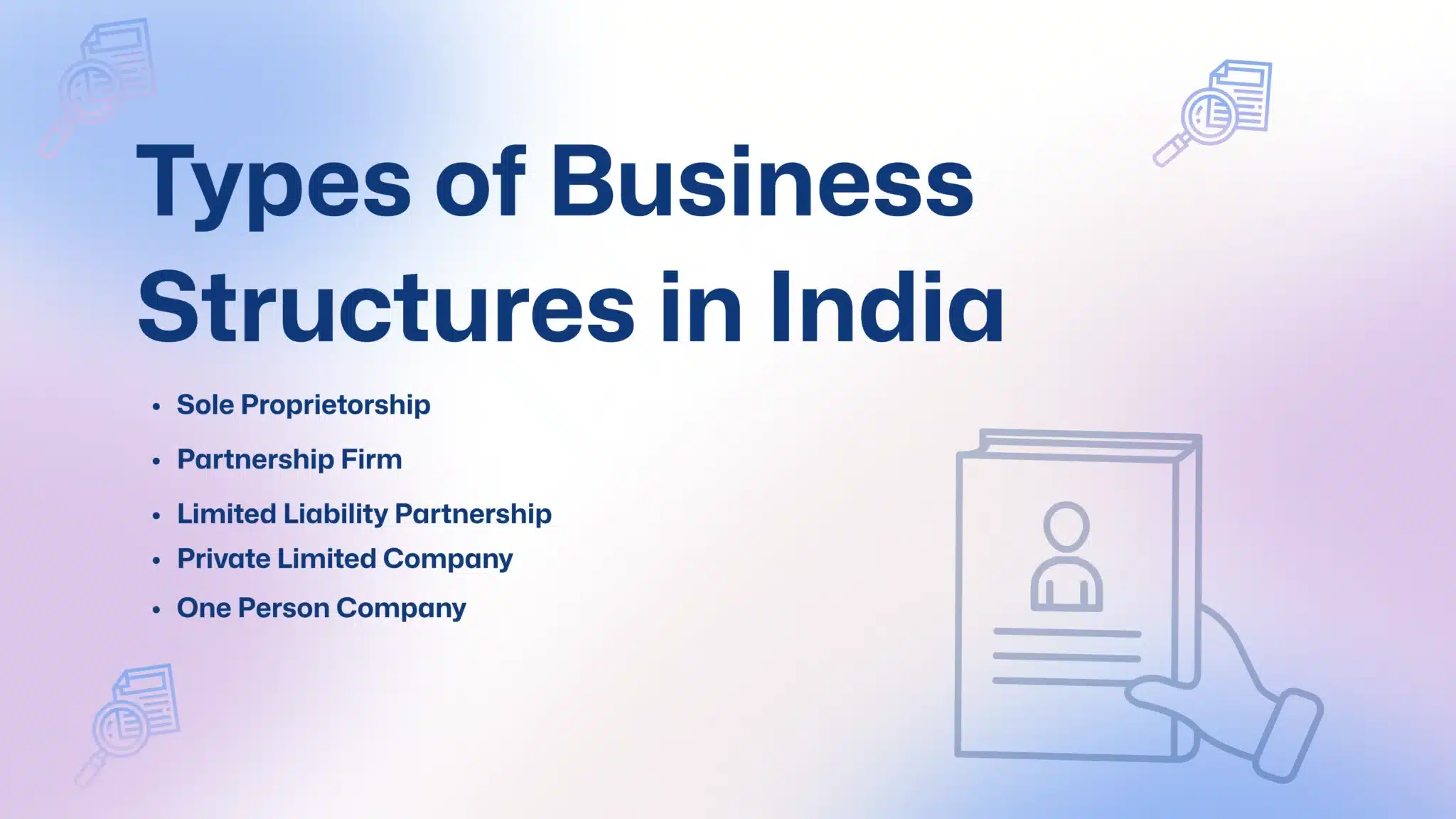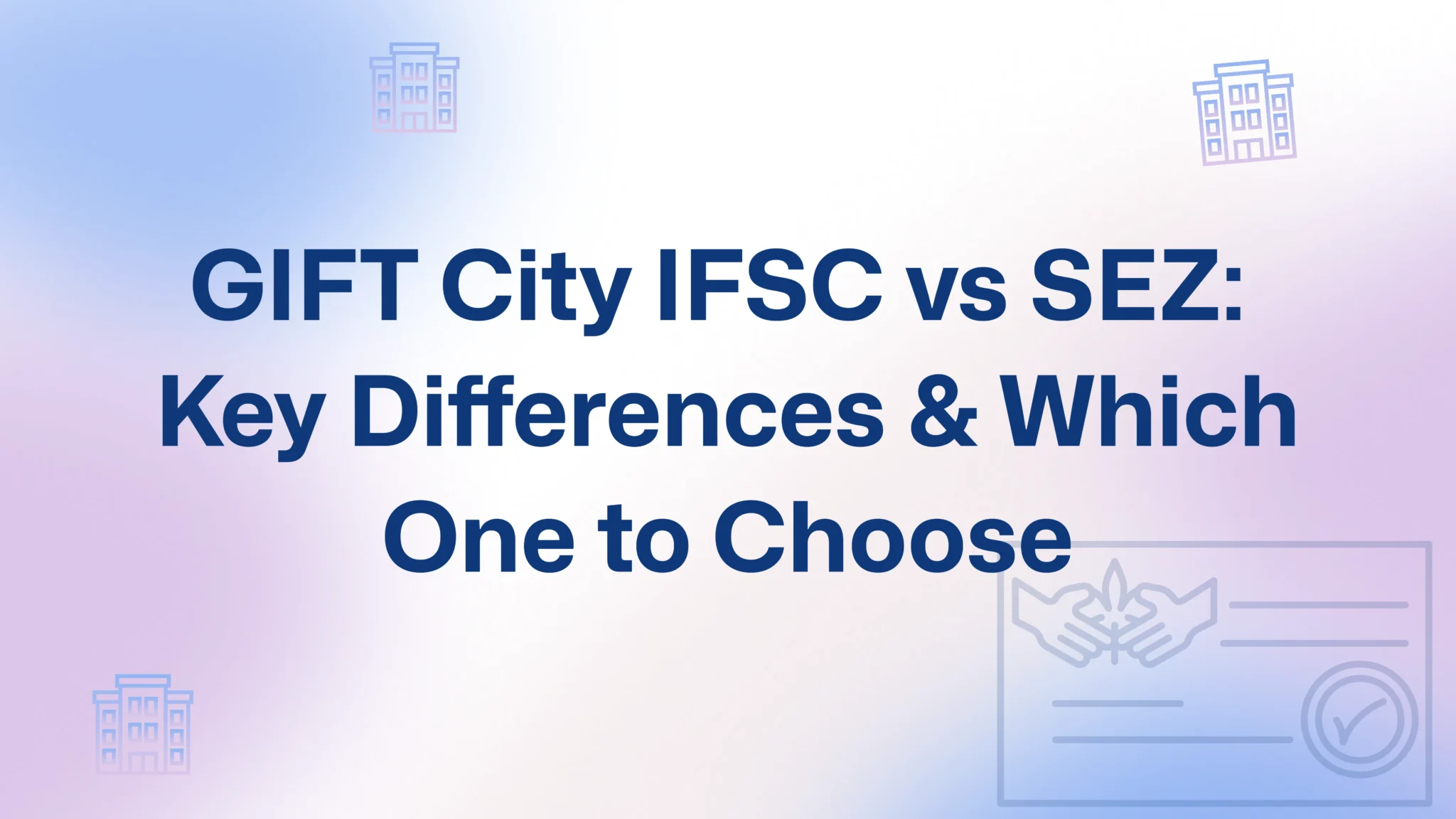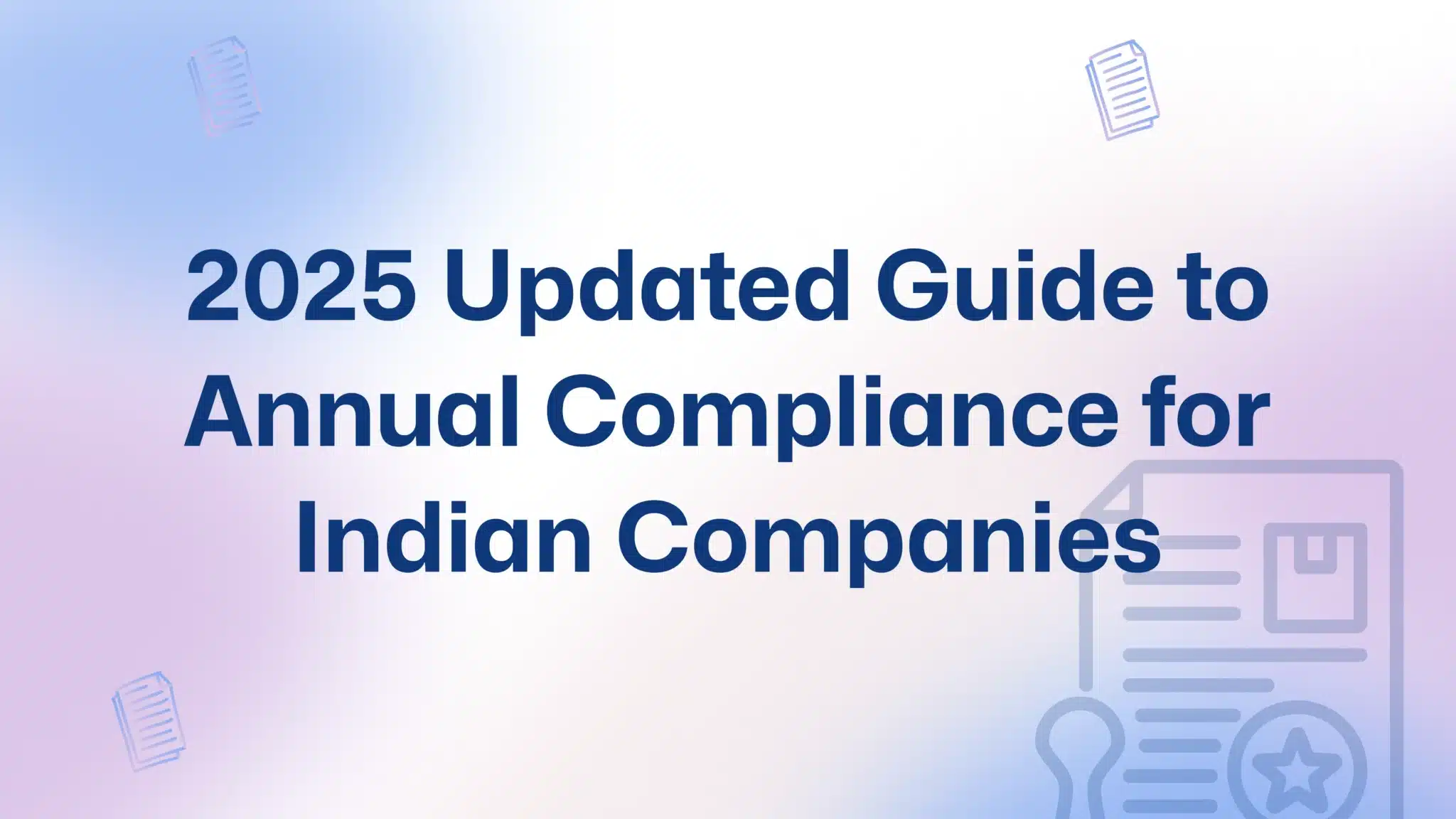Starting a business is like taking a step that changes how you handle money and risk. In India, the very first move usually has to be registration, and that part is the base on which everything else stands. Ok, so registration makes the whole thing official in the eyes of the law, and it also separates your personal savings and belongings from your business stuff. That means if something goes wrong, your house or car won’t get tangled up in it.
Additionally, registration often facilitates the process of obtaining loans, attracting investors, or applying for government schemes. Clients and partners often want to work with someone who has all the paperwork ready. It shows that the business is stable and trustworthy. Without that setup, you face risks. Just one setback could disrupt everything.
This guide walks you through everything you need to know—types of business structures, the process step-by-step, the documents you’ll need, and some pitfalls to avoid. These insights come from years of consulting with startups, small businesses, and ambitious founders who’ve been exactly where you are.
In this blog, we explain:
- Why Business Registration Matters
- Types of Business Structures in India
- Choosing the Right Structure
- Step-by-Step Process of Registering a Business
- Key Documents You’ll Need
- Common Mistakes to Avoid
- Benefits After Registration
- How FinGuru India Can Help You
- Final Thoughts
- FAQs About Business Registration in India
Why Business Registration Matters
Let’s start with the “why.” First-time founders often underestimate the significance of registration. Here’s some of what it offers you:
- Legal protection: Your personal savings, property, and other assets won’t be tied up with business liabilities if you choose the correct structure.
- Funding Access: Banks, investors, and even government grants usually won’t touch unregistered businesses.
- Tax benefits: You can claim deductions, register for GST, and access government schemes like Startup India or MSME programs.
- Credibility: Clients and partners trust registered businesses far more than informal setups.
Skipping registration might feel like a shortcut, but it usually costs more in the long run.
Types of Business Structures in India
Before you register, you need to decide the shape of your business. Each structure has its pros and cons.

- Sole Proprietorship: This is best for freelancers and very small businesses. It is easy to set up with minimal compliance, but it does not protect personal assets.
- Partnership Firm: In this structure, two or more people share ownership and responsibilities. It is a simple structure, but liability is shared and unlimited.
- Limited Liability Partnership (LLP) This combines the flexibility of a partnership with limited liability. It is popular with startups and professionals who want a mix of protection and compliance.
- Private Limited Company (Pvt Ltd) This is the go-to structure for startups that aim to scale. It offers limited liability, credibility, and easier access to funding, but it has more compliance requirements.
- One Person Company (OPC) This is perfect for solo founders who want limited liability without requiring a partner. Public Limited Company This structure is suitable for larger businesses that plan to raise capital from the public. It has heavier regulations but offers maximum growth potential.
Choosing the Right Structure
How do you decide? It comes down to your business goals, risk appetite, and funding needs.
- If you’re testing an idea, a proprietorship or partnership might do.
- If growth and investment are on your radar, consider an LLP or a Pvt Ltd.
- If you’re solo but want protection, OPC is worth exploring.
Think about compliance costs as well. A Private Limited Company creates strong credibility, but you’ll need to keep up with filings, audits, and annual returns. Don’t choose based on what “sounds good”—select what truly fits your plans.
Step-by-Step Process of Registering a Business
Now let’s get practical. Here’s how the process usually unfolds:
Step 1: Choose a business name
Make it unique and make sure it isn’t already taken. The MCA (Ministry of Corporate Affairs) has an online tool to check availability.
Step 2: Get a Digital Signature Certificate (DSC)
This is mandatory for filing forms online with the MCA. It’s essentially your business signature in digital form.
Step 3: Apply for Director Identification Number (DIN)
Every director of your business needs one. It’s a one-time process and is required for company formation.
Step 4: Register with MCA
File the incorporation form online through the MCA portal. This includes your Memorandum of Association (MoA) and Articles of Association (AoA).
Step 5: Obtain PAN and TAN
You’ll need a Permanent Account Number (PAN) for income tax purposes and a Tax Deduction and Collection Account Number (TAN) if you’re deducting tax at source.
Step 6: Register for GST and other applicable taxes
If your turnover crosses the threshold (currently ₹40 lakh for goods, ₹20 lakh for services in most states), GST registration is mandatory.
Step 7: Open a business bank account
Use your incorporation documents, PAN, and proof of address. A dedicated account helps you separate personal and business finances.
Key Documents You’ll Need
Here’s the usual checklist:
- Identity proof of directors/partners (PAN, Aadhaar, Passport)
- Address proof (utility bills, voter ID, etc.)
- Proof of business address (rental agreement or property papers)
- Passport-size photographs
- Memorandum of Association (MoA)
- Articles of Association (AoA)
Having these ready upfront saves you a lot of back-and-forth.
Common Mistakes to Avoid
From my years of consulting, these are the slip-ups I see most often:
- Choosing the wrong business structure, only to change it later (which is costly).
- Ignoring compliance deadlines and paying heavy penalties.
- Using a personal bank account for business transactions.
- Not protecting intellectual property early on.
- Trying to DIY complex registrations and getting stuck midway.
The smarter move is to plan carefully, get expert help if needed, and treat compliance as part of your growth strategy—not a burden.
Benefits After Registration
Once registered, the benefits start rolling in:
- Tax savings: Claim business deductions, depreciation, and other benefits.
- GST compliance: Charge and claim input tax credit properly.
- Government schemes: Access Startup India, MSME loans, subsidies, and easier credit.
- Investor readiness: A registered company looks far more professional to investors.
In short, registration sets you up for long-term growth.
How FinGuru India Can Help You
Here’s the truth: registration isn’t rocket science, but it can be confusing and time-consuming. At FinGuru India, we’ve helped hundreds of entrepreneurs and startups cut through the complexity. We handle the documentation, filings, and compliance, while you focus on building your business.
Whether you’re a freelancer wanting to formalize your work, a startup looking for VC funding, or a small manufacturer aiming to scale, we can guide you through the right structure and ensure smooth registration.
Final Thoughts
Registering your business in India isn’t just paperwork—it’s your entry ticket to playing in the formal economy. Done right, it protects you, opens doors, and sets your venture up for real growth. Done wrong, it can slow you down with unnecessary costs and hurdles.
Take the time to understand your options, prepare your documents, and follow the process step by step. And if you want expert guidance, don’t hesitate to reach out for help. Your business deserves the strongest foundation possible, and that foundation starts with proper registration.
At FinGuru India, we’re here to guide you through every step. Book a call with our team today and let’s get your business moving in the right direction.




